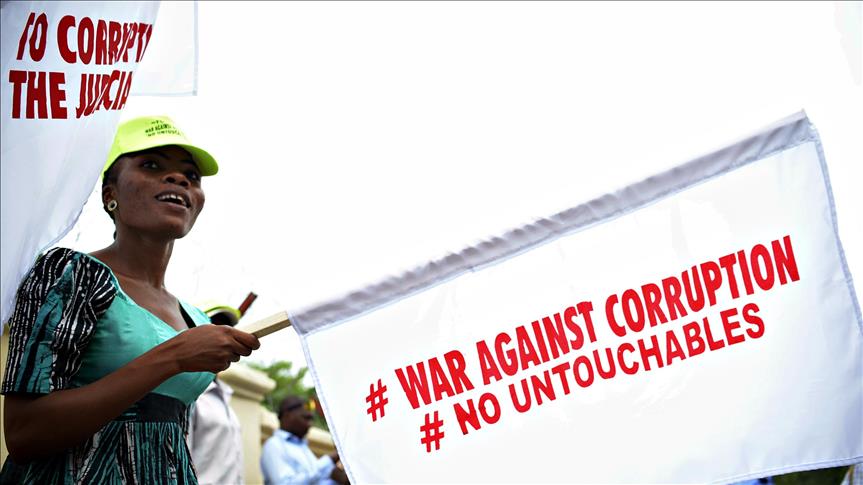Nigeria’s standing on the global corruption index has long been a reflection of the persistent challenges the country faces in combating corruption. According to Transparency International’s Corruption Perceptions Index (CPI), Nigeria has frequently ranked poorly, highlighting the endemic nature of corruption across various sectors. This has far-reaching implications for the country’s governance, economy, and international reputation.
Corruption in Nigeria is deeply entrenched, affecting everything from government institutions to private businesses. The mismanagement of public funds, bribery, and lack of transparency have hindered economic growth, discouraged foreign investment, and exacerbated poverty. The country’s reliance on oil revenue has also contributed to corruption, with the sector often described as opaque and poorly regulated. Despite efforts to tackle corruption, including the establishment of anti-corruption agencies like the Economic and Financial Crimes Commission (EFCC), progress has been slow and often undermined by political interference.
One of the significant consequences of Nigeria’s poor performance on the global corruption index is the impact on foreign direct investment (FDI). Investors are often wary of doing business in countries perceived as corrupt, fearing legal risks and unpredictable business environments. This has led to missed opportunities for economic development and job creation. Additionally, corruption has eroded public trust in government institutions, leading to political instability and social unrest.
Nigeria’s place on the global corruption index also has implications for international aid and partnerships. Donor countries and international organisations are cautious in their dealings with Nigeria, often imposing strict conditions on aid and development assistance. The perception of widespread corruption can lead to reduced financial support, which in turn hampers the country’s efforts to address critical issues such as healthcare, education, and infrastructure development.
Efforts to improve Nigeria’s ranking on the global corruption index must be comprehensive and sustained. This includes strengthening the independence and capacity of anti-corruption agencies, promoting transparency in public financial management, and enforcing strict penalties for corrupt practices. Additionally, there is a need for a cultural shift that prioritises integrity and accountability at all levels of society.
Civil society organisations and the media play a crucial role in this fight, holding government officials and institutions accountable and raising public awareness about the dangers of corruption. International cooperation is also essential, particularly in tracking and repatriating stolen assets held abroad.
Nigeria’s position on the global corruption index underscores the ongoing challenges the country faces in rooting out corruption. While progress has been made, much more needs to be done to create a transparent, accountable, and fair society. Only through concerted efforts at both the national and international levels can Nigeria improve its standing and unlock its full potential for development.





